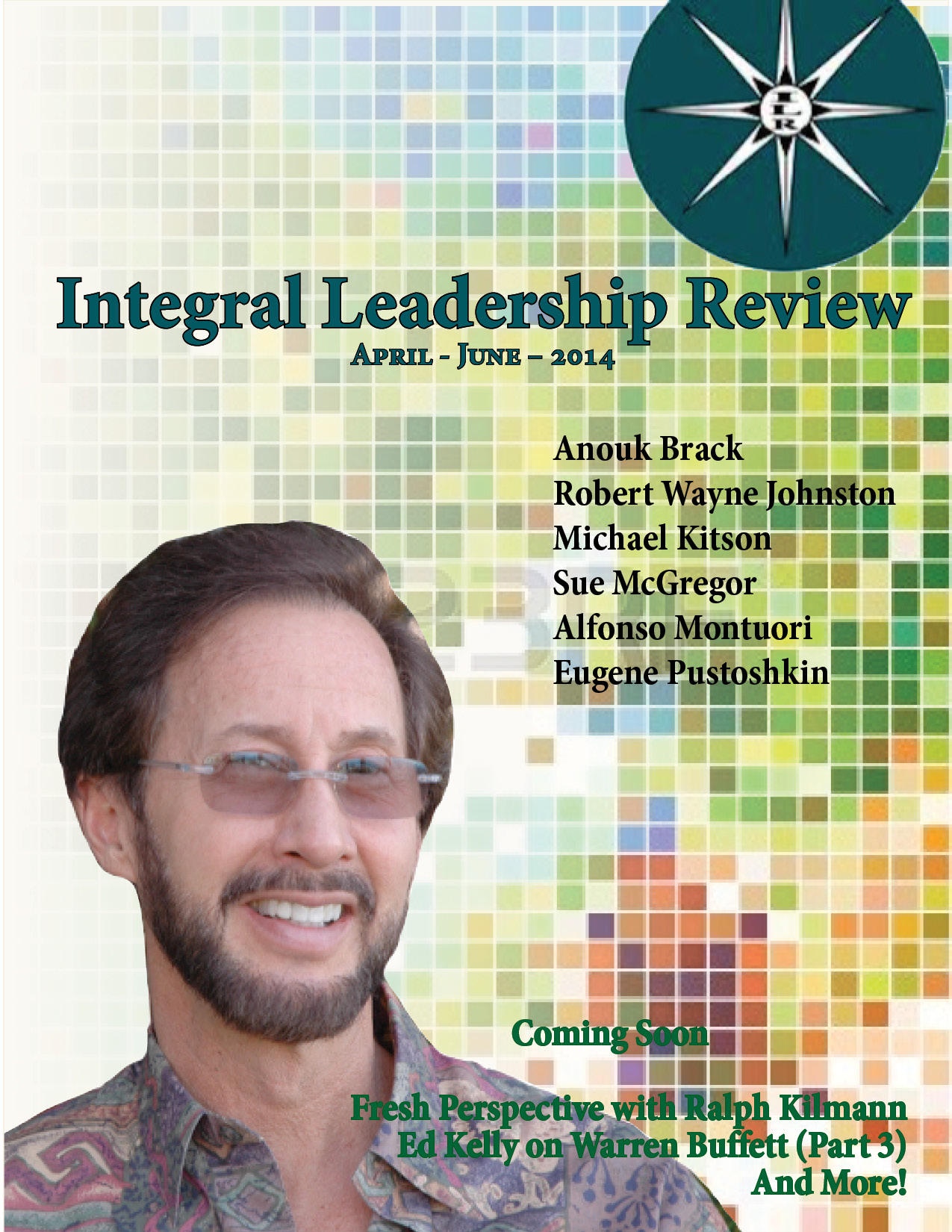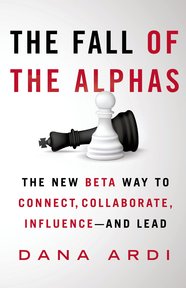Eugene Pustoshkin
We live in truly interesting and turbulent times, as the events of 2014 show us. Geopolitical and sociocultural landscapes, gigantic tectonic plates of meanings and socioeconomic factors begin to move, bringing forth noticeable shifts and re-distributions of power relations. It is extraordinarily difficult to orient in the sequence of sociopolitical earthquakes and hurricanes, for the complexity of the situation beats all records and demands a truly panoramic vision. The panoramic vision itself, holistic vision, Integral vision cannot be …



 Ardi, Dana. The Fall of the Alphas: The New Beta way to Connect, Collaborate, Influence – and Lead. NY: St. Martin’s Press, 2013
Ardi, Dana. The Fall of the Alphas: The New Beta way to Connect, Collaborate, Influence – and Lead. NY: St. Martin’s Press, 2013